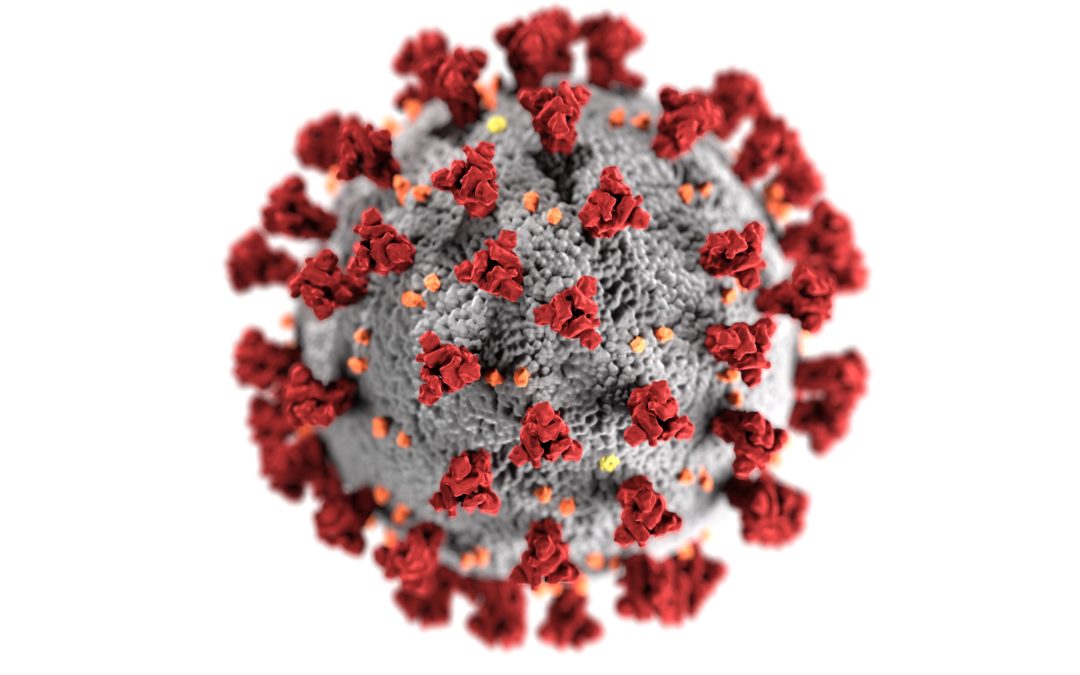NATURAL TREATMENT CORONAVIRUS (COVID-19)
Covid-19 Natural Remedy Coronavirus is one of the most refer treatment ever to cure corona with free recipes and very fast. Discover it here.
Covid-19 Natural Remedy Coronavirus. Coronavirus is one of the most dreadful disease we have ever experienced. This pandemic is all around the world and is still spreading his arms. In this page, we offer you the most important and necessary informations about Coronavirus, some free recipes and how and where to get effective Natural Treatment. Read to the end to discover.
What is Coronavirus (COVID-19)?
Covid-19 is a respiratory disease that can be fatal in patients weakened by age or another chronic disease. It is spread through close contact with infected people. The disease could also be transmitted by asymptomatic patients, but scientific data is lacking to prove this with certainty.
Coronavirus symptoms
- Common most symptoms are
- Less common symptoms gathered:
HEALTH WORKERS AND ADMINISTRATORS CONCERNS ON CORONAVIRUS
Health workers are central to the COVID-19 pandemic response, balancing additional service delivery needs while preserving access to essential health services and deploying COVID-19 vaccines. They also face higher risks of infection in their efforts to protect the greater community and are exposed to hazards such as psychological distress, fatigue and stigma.
To address these challenges, WHO provides the latest advice, guidance and training for both health workers and administrators.
Readiness
To help policy-makers and planners invest in ensuring the readiness, education and learning of the health workforce, WHO provides support for strategic workforce planning, support and capacity-building.
- Interim guidance on Health workforce policy and management in the context of the COVID-19 pandemic response
- Health Workforce Estimator (HWFE) to anticipate response staffing requirements
- The Health Workforce Support and Safeguards List comprises countries facing the most pressing health workforce challenges, from which active international recruitment is discouraged.
Dedicated learning resources to support expanded clinical roles and tasks, as well as support for COVID-19 vaccines roll-out, are available for individual health workers. Managers and planners can access additional resources to support learning and education requirements.
- Open WHO has a multi-language course library that is also accessible through the WHO Academy COVID-19 learning app, which includes a new augmented reality course on personal protective equipment.
- The COVID-19 vaccine introduction toolbox has the latest resources, including guidance, tools and trainings.
Learn how to utilise your role as a health worker and trusted source of information. You can also be a role model by getting the vaccine, protecting yourself and helping your patients and the public understand the benefits.
What to do to help the spread of the virus
- Review WHO Information Network for Epidemics (EPI-WIN) updates for accurate information and clear explanations about COVID-19 and vaccines.
- Access the community engagement guide for tips and discussion topics to be considered in vaccine delivery and demand.
- Learn about infodemic management: help your patients and communities manage the overabundance of information and learn how to seek trusted sources.
- Diagnostic testing for SARS-CoV-2 infection; Use of the antigen detection; Different tests for COVID-19
Preventing SARS-CoV-2 infections in health workers requires a multi-pronged, integrated approach of infection prevention and control (IPC) and occupational health and safety (OHS) measures.
WHO recommends that all healthcare facilities establish and implement IPC programmes and OHS programmes with protocols that ensure health worker safety and prevent infections with SARS-CoV-2 in the work environment.
A blame-free system for managing health worker exposures to COVID-19 should be in place to promote and support reporting of exposures or symptoms. Health workers should be encouraged to report both occupational and non-occupational exposures to COVID-19.

-training.jpg?sfvrsn=87bdc_9)
Training and education
Occupational safety and health
This document provides specific measures to protect occupational health and safety of health workers and highlights the duties, rights and responsibilities for health and safety at work in the context of COVID-19.
Prevention of violence
Measures for zero-tolerance of violence should be established in all health facilities and for protection of health workers in the community. Workers should be encouraged to report incidences of verbal, physical violate and sexual harassment. Security measures, including guards, panic buttons, cameras should be introduced. Staff should be trained in prevention of violence.
Prevention of fatigue
Develop working time schemes for the scheme for the different categories of health workers involved ICUs, primary care, first responders, ambulances, sanitation etc., including maximum working hours per work shift (five eight-hours or four 10-hour shifts per week), frequent rest breaks (e.g. every 1-2 hours during demanding work) and minimum 10 consecutive hours of rest between work shift
Compensation, hazard pay, priority treatment
Excessive hours of work should be discouraged. Ensure adequate staffing levels to prevent excessive individual workloads, and minimize the risk of unsustainable working hours. Where extra hours are necessary, compensatory measures such as overtime pay or compensatory time off should be considered. In a gender-sensitive manner, consideration should be given to mechanisms for determining hazardous duty pay. And where exposure and infection are work-related, health and emergency workers should be provided with adequate compensation, including when quarantined. In the event of scarcity of treatment for those contracting COVID19, each employer should develop, through social dialogue, a treatment distribution protocol and specify the priority of health and emergency workers in receiving treatment.
Clinical care
This course covers clinical management, including facility preparation and surge planning; health worker infection prevention and control; transfer and handover; clinical management of mild, moderate, and severely ill patients with COVID-19; special considerations for geriatric, pregnant, and pediatric patients with COVID-19; rehabilitation; and ethics and palliative care.
Clinical management of patients with suspected COVID-19 infection
Short guidance is available for clinicians taking care of hospitalised adult and paediatric patients with severe acute respiratory infection. It is not meant to replace clinical judgment or specialist consultation but rather to strengthen clinical management of these patients and provide to up-to-date guidance.
Interim guidance – Home care for patients with suspected or confirmed COVID-19 and management of their contacts
This provides recommendations on the safe home care for patients with suspected or confirmed COVID-19 infection. It includes guidance on how to determine if the home environment is suitable for a patient with COVID-19, and precautions to be taken by health care workers when caring for a patient in the home.
Vaccination
The role of community health workers in COVID-19 vaccination supports national governments in developing their national deployment and vaccination plans for COVID-19 vaccines by outlining the roles, needs and opportunities for community health workers to contribute.
COVID-19 vaccine introduction toolkit
This toolbox equips all countries to prepare for and implement COVID-19 vaccination by providing guidance, tools, and training. It is intended to support ministries of health, health workers, partner organizations, and other stakeholders.
Open WHO COVID-19 vaccination training
This package is for frontline health workers. It was developed in collaboration with UNICEF and covers organizing, recording and monitoring vaccination; storage, handling, delivery and waste management; AEFI monitoring; and communication with the community on COVID-19 vaccination.
Open WHO COVID-19 vaccine specific training
This provides an overview of how to safely prepare, handle, and administer COVID-19 vaccines that have received Emergency Use Listing (EUL).
Additional information on vaccines
Webinar on the science behind the immune response to viral infections such as SARS-COV-2, the different vaccine platforms being used to develop the COVID-19 vaccines, and access and allocation of vaccines. Includes a Q&A with Dr Martin Friedman, Coordinator of the Initiative for Vaccine Research, and Dr Maria Van Kerkhove, COVID-19 Technical Lead.
NATURAL REMEDY CORONAVIRUS (COVID-19)
To place the order of a Coronavirus treatment, simply write to us at www.honvouezekiel6@gmail.com. You can also add it to the cart (basket). The shipping and delivery is very fast and less expensive, wherever you are in the land of the living.
Visit our shop to read more on our products to cure diseases or visit the web site to discover about more diseases.
If you desire to meet a health care agent or get diagnosed just click.
To put you in touch with our representatives across the world: France, USA, Switzerland, England, Ghana, South Africa, Kenya, Togo, Liberia, Guinea, Nigeria etc please drop a message or call to +2349081323840 or 0022961722443 call/WhatsApp.



Commentaires récents